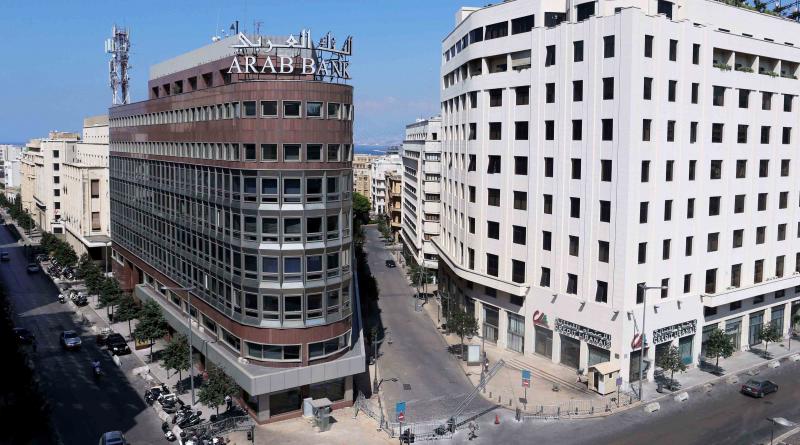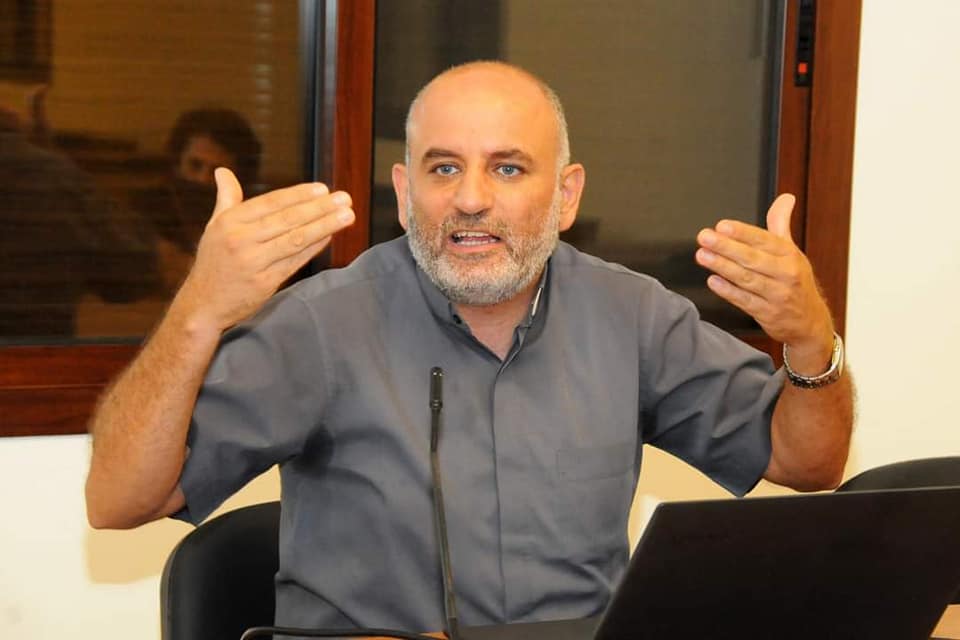New challenges to Lebanese economy as Fitch downgrades credit rating
سيمون سبيماني: لبنان يواجه تحديات اقتصادية عقب تخفيض فيتش لتصنيفه الإئتماني
Simon Speakmani/The Arab Weekly/August 25/2019
TUNIS – International credit rating agency Fitch has downgraded Lebanon’s credit rating, adding to mounting speculation about the health of the Lebanese economy and its ability to service its debts.
The new credit rating of CCC, announced August 23 by Fitch, reduced Lebanon from a B- rating, suggesting the country will only be able to make good on its debts under favourable conditions, rather than from under the engine of its own economy.
Ratings agency Standard and Poor’s maintained its B-/B rating for Lebanon, stating: “Despite a significant decline in investor confidence,” Lebanon’s central bank’s usable foreign exchange reserves, estimated to be about $19 billion by the end of the year, “remain sufficient to service government debt in the near term.”
Standard and Poor’s downgraded Lebanon’s credit rating from stable to negative in March, citing a “lack of material reforms to reduce the budget deficit,” the agency said at the time. Fitch’s announcement August 23 is likely to compound that damage.
Lebanese Prime Minister Saad Hariri and Finance Minister Ali Hassan Khalil, ahead of the Fitch announcement, attempted to reassure investors and the Lebanese public, dismayed at further economic setbacks. Khalil, writing on Twitter, said: “I assure you that we are not a bankrupt country and we have the ability to overcome any difficulties, whatever the classification.”
The latest challenges to the Lebanese economy come despite an “austerity” budget, announced earlier this year, that sought to reassure the country’s creditors that the cost of Lebanon’s massive public spending would be curtailed and its debt managed.
Lebanon’s sovereign debt rating has been deteriorating for nearly five years and its credit default swap rates have almost doubled in the past year. Lebanon has the third highest debt-to-GDP ratio in the world, projected by Standard and Poor’s to reach 133% by the end of 2019. Only Venezuela and Greece outstrip it.
“The austerity budget will not reach the goal of reducing the government budget deficit to 7.6% of GDP in 2019 (from 11.5% in 2018) because the budget was passed in late July when most of the spending for 2019 had already taken place in line with the 2018 budget,” said Gabrielle Ventura, an economist at IHS Markit.
“Although the new austerity measures are likely to reduce the primary deficit in the coming years, without additional reforms the overall debt will continue to rise above already-unsustainable levels.”
Servicing Lebanon’s debt accounts for more than 50% of government revenue. Spending on wages and pensions account for one-third, while the cost of subsidising the country’s failing power infrastructure is approximately 10%. Little has been earmarked for profit-generating investments or relief for the private sector. The result has been the steady ratcheting up of debt, without assets to show for it.
To manage both its creditors and defend the dollar peg, Lebanon has typically relied upon banking deposits from its diaspora, with the central bank depending on what it terms “financial engineering” to maintain the influx of hard currency.
However, while recent efforts may have gone some way in shoring up Lebanon’s foreign asset reserves, deposits began to drop in May for the first time in more than a decade, Goldman Sachs said.
“The ‘fuel’ to the Lebanese economy appears to be drying up because the government’s ‘financial engineering’ scheme is unsustainable in the long run, particularly if diaspora depositors pull their funds from commercial banks, slowing the government’s access to foreign currency funding,” Ventura said. “This appears to have already begun. Deposits fell by 0.3% in the period from June 2018 to June 2019 and we expect deposit flight to escalate rapidly, especially if a sovereign rating downgrade occurs as predicted.”
Lebanon’s attempts at financial engineering have led to unintended consequences. The high rates of interest intended to convince the diaspora to maintain deposits have increased the cost of maintaining the government’s debt and dampened investment.
Moreover, as the fiscal risks escalated in the past 18 months, so, too, have interest rates offered by the central bank. As it bids to shore up its reserves, the bank has sought to protect the country’s exchange rate and finance the current account deficit, 27% of GDP in 2018 and running at an average of 24% over the past eight years.
Exacerbating Lebanon’s problems is a domestic political environment that barely borders on functional. With widespread corruption, waste, sanctions and rule by a political establishment whose sectarian clientelism makes fundamental reform almost impossible, the sweeping changes Lebanon needs appear beyond its grasp.
*Simon Speakman Cordall is a freelance writer.




















